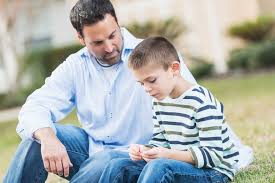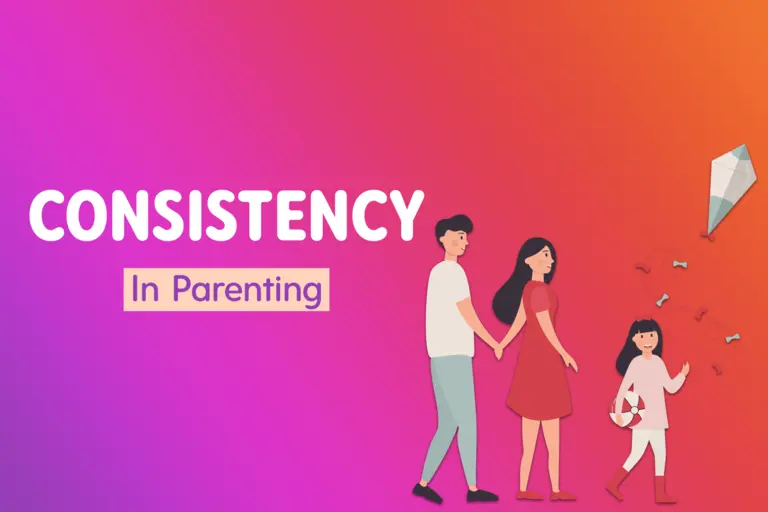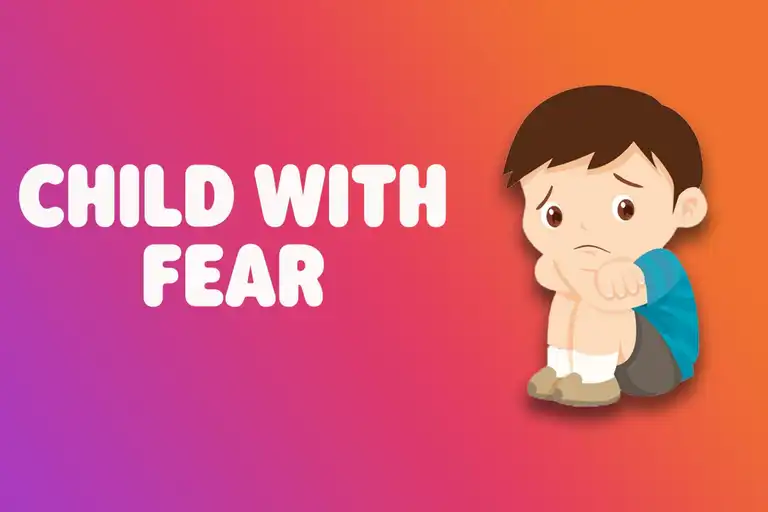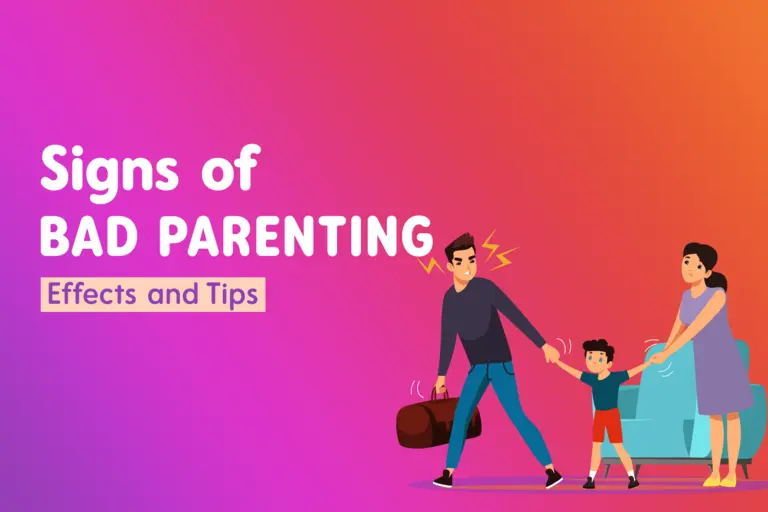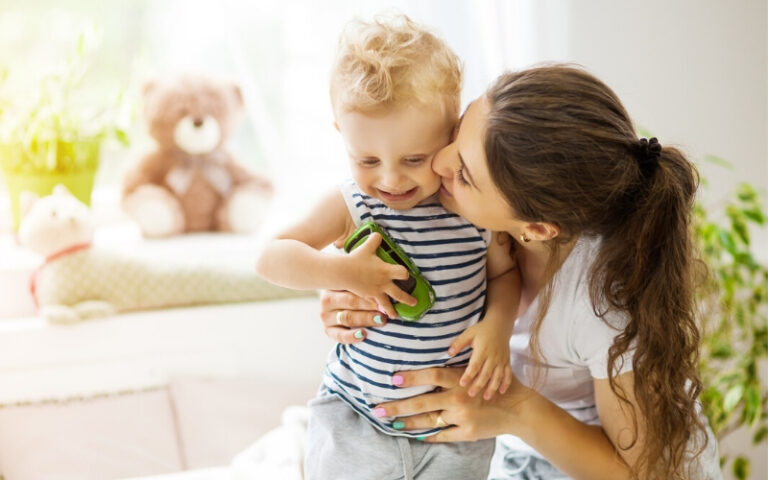Breaking the Eggshell Parenting Cycle: Understanding Its Effects
Find the impact of eggshell parenting on children and learn how to break the cycle. The phrase “eggshell parenting,” which has gained popularity among psychologists and on websites, refers to a parenting approach marked by erratic conduct, emotional instability, and erratic behavior.
Children raised in this manner frequently end up “walking on eggshells,” fearing their parents’ emotions at all times. This blog post will discuss eggshell parenting, how it affects kids, and how to stop the cycle.
What is Eggshell Parenting?
Eggshell parenting is characterized by the need to constantly walk on eggshells around the child to avoid fire or unpredictability. According to psychologists, eggshell parents are typically overly alert.
They may accidentally make their child feel like they are constantly under threat, which can impact the child’s nervous system and attachment style. The effects of eggshell parenting can be profound, leading to children of eggshell parents growing up with their alertness and potentially becoming eggshell parents themselves.
In eggshell parenting, parents may feel like they have to be caregivers to their child’s every whim, leading to a deep belief that there’s no such thing as stability or predictability. This type of parenting often results in a cycle of eggshell parenting, and eggshell parents may struggle to break the cycle due to the impact of a parent’s ability to regulate their emotions and behavior.
Signs of Eggshell Parenting
Eggshell parenting is a term coined to describe an emotionally unpredictable form of parenting that can have long-lasting effects on children.
Unstable Moods:
Parents suddenly become angry for no apparent reason.
Those who practice eggshell parenting frequently show sudden and dramatic mood swings. They might show calmness and control one moment, then anger over obviously little matters the next. As a result of their parents’ unexplained behavior, children live in a stressful and dangerous atmosphere, and they are always worried about what will happen next.
Inconsistent Behaviors:
Awards can quickly give way to criticism.
Positive encouragement and praise can quickly transform into severe criticism in eggshell parenting. A youngster can be praised for achievements or excellent behavior but then be corrected for minor violations a short while later. Children who experience such inconsistency may grow up confused and frightened since they never know what to expect and find it difficult to understand their parents’ erratic actions.
Outbursts
There is a lot of emotion over minor issues.
Eggshell parents frequently have frequent mood swings brought on by little things. These fits of anger may involve yelling, screaming, or even violent actions. These violent behaviors might terrify kids and make them constantly tread carefully so they don’t anger their parents.
Threats and Blame:
Use pressure or criticism to manage the child’s actions.
Fear and guilt are standard eggshells parents use to manage their children’s conduct. They might accuse the youngster of being at fault for accidents or threaten to punish them harshly. This misleading strategy can cause children to feel guilty and afraid, holding them responsible for their parents’ feelings and behaviors.
This can have a lasting negative effect on the children’s emotional health and confidence.
Emotional Manipulation:
I was using excuses or insults as a means of establishing control.
Eggshell parents commonly use emotional abuse as a means of keeping control over their kids. This can include name-calling, which damages a child’s self-esteem and confidence, or guilt-tripping, in which parents make their child feel bad for not living up to their standards. Children who witness such acts of manipulation may grow up feeling confused, helpless, and embarrassed, as well as continuously seeking approval.
Effects on Children
Long-term impacts of having eggshell parents on a child frequently include:
Anxiety and Depression:
Because of their parents’ continuous mood swings, children of “eggshell” parents often experience anxiety and sadness. Children are raised in a stressful environment where they are always anxious and afraid due to their parents’ erratic behavior. As they get older, this ongoing stress can have a severe negative effect on their mental health and cause illnesses, including clinical depression and generalized anxiety disorder.
Over-vigilance:
The reaction of constant monitoring is typical among kids with eggshell parents. They start to become very aware and careful, always attempting to prepare for and avoid their parent’s following emotional breakdown. This increased alertness can be draining and harmful, keeping kids from relaxing and feeling secure. It also frequently stays into adulthood, limiting their capacity to enjoy typical life experiences.
Low Self-Esteem:
Children might absorb their parents’ erratic behavior, thinking the emotional disturbance is their fault. This self-blame might damage their self-worth and confidence, making them question their skills and feel deserving of love and support. This poor self-image can eventually limit their growth on both a personal and professional level.
Trust Issues
Children may find it challenging to establish safe and reliable relationships with eggshell parents due to their inconsistent behavior and unstable emotions. They may also find it difficult to trust people since they were raised in a setting where trust was repeatedly broken.
Understanding these impacts is essential to dealing with and decreasing the harm of being an eggshell parent. Children can restore their sense of self-worth.
Breaking the Cycle of Eggshell Parenting
Breaking the cycle of eggshell parenting involves self-awareness, seeking professional help, consistent communication, and emotional regulation.
Self-Awareness:
Accepting and appreciating their actions as parents is the first step towards ending the cycle of eggshell parenting. This calls for sincere reflection and awareness of the impact of their behaviors on their children. Many parents are unaware of the harm their unstable emotions and actions are causing. Identifying these patterns is crucial to starting a change and creating a healthy family atmosphere.
Seeking Professional Help
If parents wish to end the pattern of being careful with their children, they must seek professional assistance. Counselors and therapists can offer insightful information on the root causes of their behavior, such as unresolved trauma or mental health conditions. Parents who receive treatment can improve their communication skills, learn how to cope well, and create stronger bonds with their kids. Family therapy can help everyone in the family heal and develop.
Consistent Communication
Consistent communication is essential to stop the habit of insecure parenting. It is the responsibility of parents to maintain an atmosphere that values polite, honest, and open communication. This involves paying attention to what their kids say, recognizing their emotions, and responding slowly and softly. A consistent and loving environment is what parents can do to make their kids feel safer and more important.
Techniques for Emotional Control:
Learning and practicing emotional management skills can help parents control their emotions and reactions better. Emotional stability can be controlled through awareness, deep breathing exercises, and cognitive-behavioral methods. Parents can also benefit from learning suitable coping techniques for anxiety and anger to respond to their children in a more collected and consistent way.
Parents should treat their children with love and logic, so they will feel that how much their children are growing well.
Practical Actions to Break the Cycle:
Educate Yourself: Read books, attend workshops, and take parenting classes to learn about healthier parenting practices.
Set Realistic Expectations: Realize that change takes time, and exercise patience as you seek more consistent conduct from your children and yourself.
Create a Support Network: Surround yourself with supportive friends, relatives, or groups that can relate to your path and provide guidance and support.
Model Healthy Behaviour: In your relationships with others, show emotional control and positive interaction to provide an excellent example for your kids.
These actions help parents break the pattern of “eggshell parenting,” giving their kids a more secure and supportive environment. This beneficial shift can promote better emotional growth and closer family ties, assisting kids in becoming strong and happy adults.
FAQs
What are the long-term effects of eggshell parents?
Low self-esteem is a common issue among eggshell parents. It can negatively impact their children’s ability to build solid connections and emotional stability, ultimately affecting their social lives and emotional well-being as adults.
What are the four parenting styles?
The four types of parenting methods are uninvolved, accepting, controlling, and bossy. The degree of responsiveness and demands shown by these styles varies, resulting in various impacts on children’s development.
What is the eggshell parent trauma?
The mental damage that results from a child growing up in a setting where there is ongoing surprise and emotional instability is known as “eggshell parent trauma.” Chronic worry and a high level of trouble establishing healthy relationships can all result from this trauma.
How do you know if you are an eggshell parent?
If you often experience violent emotions, express erratic mood swings, and use guilt or threats to discipline your child, you may be an eggshell parent. For your children, feeling like you always have to tread carefully around you is a big clue.
Conclusion
One must understand and respond to eggshell parenting to create a more secure and healthy family environment. Eggshell parenting can be broken by more self-aware parents who seek professional help and understand how to regulate their emotions. Children who experience this positive transition become strong and well-adjusted adults by creating more robust, healthier relationships and better emotional development.

